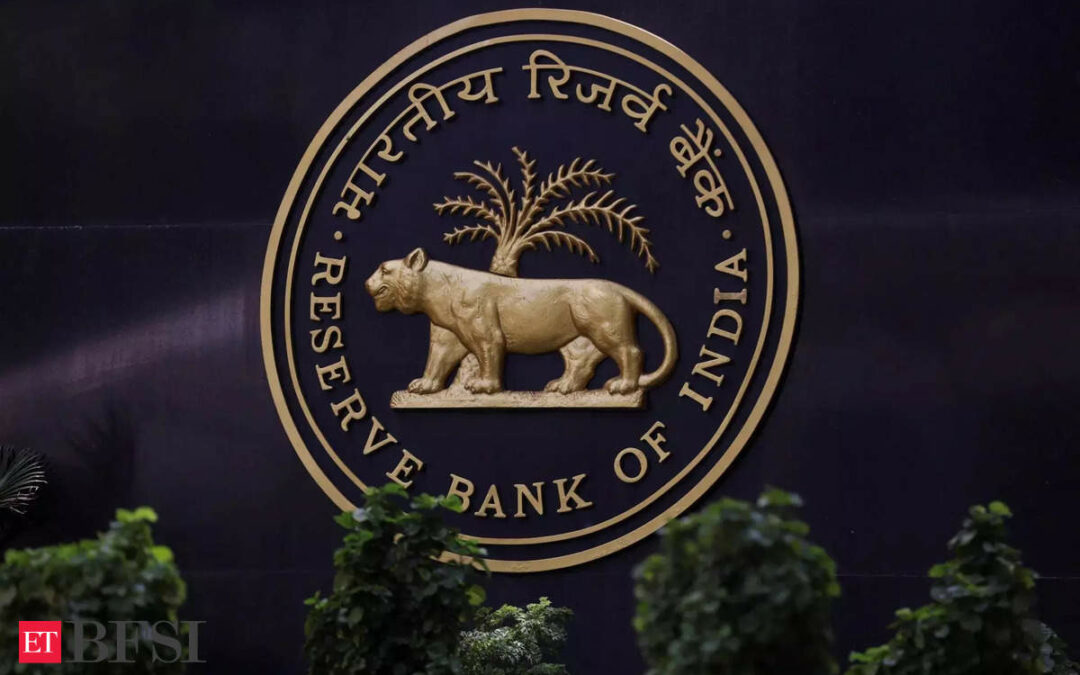Mumbai: The Reserve Bank of India has updated its guidelines for web aggregators of loans to ensure that consumers get a fair and transparent deal. The RBI has also clarified guidelines on loss default guarantees that can be provided by fintechs to lenders on personal loans they distribute.
The draft norms require that loan service providers (LSP) give customers a digital view of all offers available to the borrower from all digital lenders with whom the LSP has an arrangement. This digital view must include the lender’s name, the amount and tenure of the loan, the annual percentage rate, and other terms and conditions. This information must be presented in a way that enables comparison of different loans.
The LSP is not allowed to promote or push loans of one entity over another, nor can they use deceptive patterns to nudge borrowers into choosing a particular loan. These norms for digital lenders are in the form of a draft guideline which will be implemented after receiving comments.
Meanwhile, RBI has tightened the norms for fintechs that distribute loans but take on the credit risk by providing default loss guarantees. Earlier, RBI had capped the maximum guarantee at 5% of the loan value. RBI has now stated that the portfolio on which the guarantees are offered must be fixed and cannot be on a dynamic portfolio of loans. Also, in case a guarantee is invoked, the defaulted amount cannot be reinstated.
RBI has tightened norms for regulated entities distributing loans on behalf of others. In such cases, the regulated entity must reduce the full amount of the guarantee from its capital.










